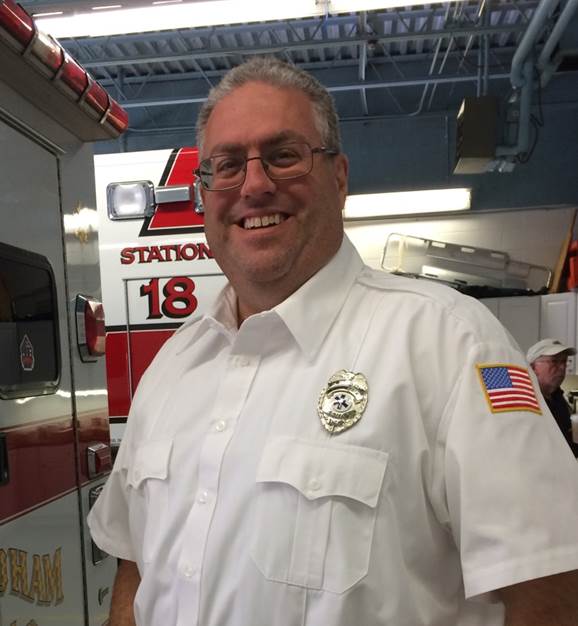|
At this point in time, I'm almost to the midpoint of the EMT coursework. I've read almost 800 pages of the EMT book, and taken the online quizzes available to me so many times I'm probably mumbling "D, all of the above" in my sleep. In class, we've been wrapping up materials related to medical emergencies, which cover all the major body systems, from cardiology to respiratory, endocrine to neurological. We've even touched on psychiatric emergencies, which may or may not have an associated underlying medical cause. and thus require us to keep an open mind when evaluating and caring for those in need. As an example, we ran an exercise in class where one student pretended to be both intoxicated and arrested, but in truth was suffering from impairment of their airway due to the position in which they were being held by police (and, of course, exacerbated by the effects of alcohol as well, which depressed their nervous system to the point of stupor). The goal of the exercises was to reinforce our responsibilities to ensuring the critical ABC's (airway, breathing, and circulation) remain viable, rather than allowing situational or prejudicial assumptions override our training. In this case, the presence of police and the expectations of a patient in an intoxicated state shouldn't have shifted the students focus from a patient exhibiting 'snoring respirations', which is a sign of airway compromise requiring immediate action to address. We're also covering gynecological emergencies in this section on medical emergencies, and it is because of the sensitive and personal nature of these issues that we are always seeking more women EMTs to join our squad. To some extent, every EMT I've spoken to finds ways to compartmentalize details about their patients, if for no other reason than being a bit dispassionate in times of stress makes it easier to focus on the task at hand and not forget or miss critical items or questions.
But this is a two-way street, and our patients need to be able to confide in us as well, as our treatments and care are only going to be as good as the information we can gather. And when it comes to certain topics, especially gynecological ones, having a female EMT around is always a positive. As a male, I can certainly ask dispassionately about sensitive topics, including whether a patient is sexually active, using birth control, or if there is even the remotest possibility that they may be pregnant when the patients is experiencing abdominal pain. I'm guessing, however, that most women would far prefer to have some of these discussions, and perhaps agree to be quickly assessed for trauma or bleeding in the pelvic or genital areas, by a female EMT. That's perfectly natural and expected, and I certainly don't feel it would be a lack of trust in my abilities or the professionalism I should be exhibiting to request a female EMT. If we don't have one available, however, I still need to be prepared to ask these questions and perform any necessary exams, in the most respectful, professional way I can. . OB/GYN topics, including childbirth and delivery, are also part of the EMT course and we're expected to assist with uncomplicated deliveries if necessary without ALS support. Again, female EMTs are wonderful to have (and we can always use more on our squad), but there's no gender bias in the training that EMTs received. We're all expected to know and be skilled in recognizing and caring for emergencies, no matter the sex of our patients, their medical history, or their state of mind.
0 Comments
Your comment will be posted after it is approved.
Leave a Reply. |
AuthorJon Alperin, one of our MFAS volunteers, shares his journey to becoming an NJ certified EMT. from the Start
Here is Jon's journey, presented in time order:
Archives
June 2016
Categories
All
|


 RSS Feed
RSS Feed
